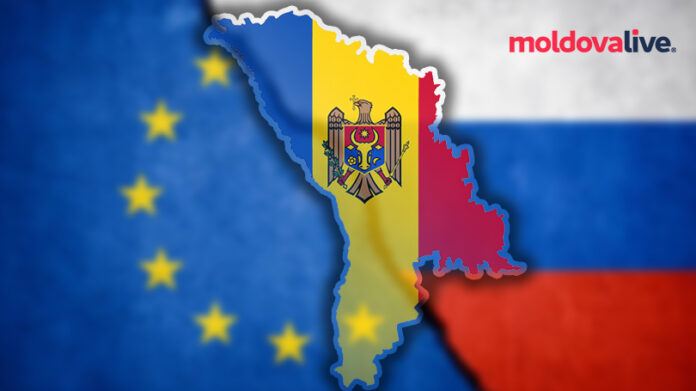Russian propaganda recycles the same anti-EU myths across European countries. In Moldova, as in other states, the same sources generate false information, which local networks then distribute, said Alexandru Zgardan of the independent analytical center Expert-Grup in an interview with IPN.
He cited Romania as a clear example, noting that it faces identical disinformation campaigns. Moldova will likely see the same pattern as the parliamentary elections approach.
“The most effective disinformation messages are emotional and fear-based,” Zgardan explained. One of the most common myths is that “Moldova will lose its national identity by joining the EU”. In reality, EU policies actively protect and support national and minority cultures. For instance, all EU legal documents are translated into 24 official languages, including those spoken by small populations, such as Maltese and Estonian.
FOR THE MOST IMPORTANT NEWS, FOLLOW US ON TWITTER!
Another recurring myth is that “Moldova will lose its sovereignty within the EU”. Zgardan clarified that signing any international treaty involves some limitations on sovereignty, but this applies to all international structures. Unlike others, however, only the EU guarantees respect for and enforcement of these commitments.
Disinformation campaigns also claim that “the EU forces the promotion of homosexuality and gender reassignment on children”—a particularly potent myth in conservative societies. In truth, each EU member state defines its own social and family policies, Zgardan emphasized.
Regarding the myth that “EU membership will destroy Moldovan agriculture through competition”, he argued that the opposite is true. Joining the EU opens access to a much larger market and offers generous subsidies. Moldova already exports agricultural products to the EU at record levels, and Romania provides a successful example of EU agricultural support.
Another false narrative claims that “all Moldovans will emigrate, and foreigners will take their place”. Zgardan dismissed this as baseless. The EU integration could encourage Moldovans abroad to return. As for migrants from other countries, they tend to favor wealthier, more stable nations over those still in transition.


